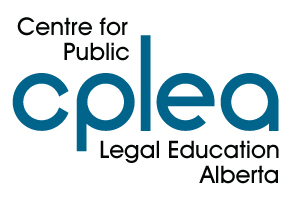United Cultures of Canada Association is a non-profit community based organization located in Edmonton, Alberta. It provides a variety of program and services to Edmonton's multicultual community. Their mandate is to create situations of social inclusion for immigrant communities leading to their effective participation and successful integration into Canadian society. Included in the many initiatives offered by the Association are services, programs and publications on that provide information on human rights, residential tenancies, domestic abuse, interpreting services and a free Multicultural Family Law Facilitation (Interpreting) Service. This free service is provided to ensure equal access to justice for those who are experiencing language barriers and assist service providers and newcomer communities in family law matters, UCCA provides on-site and phone legal interpreting in a number of lanaguages.
Refers to any form of physical, emotional, financial, or sexual abuse against spouses, elder family members, or children. General resources relate to family violence in general, that is they cover a broad range of subjects within family violence.
To find information on specific aspects of family violence, choose from the list of keywords below.
Alberta Resources
British Columbia
The Latin American Community Council and MOSAIC, in partnership, have implemented this online multilingual legal resource to provide comprehensive and critical legal information in Arabic, Chinese, English, French, Korean, Persian, Punjabi, Spanish and Vietnamese to Canadian newcomers and community workers in British Columbia.
Canada/Federal
Relationship violence can strike anyone, but teenagers are particularly vulnerable to misconceptions about what physical and emotional violence are, and what they mean. If it hurts, dominates or controls, it's not romance! This page from the Red Cross provides links to publications about relationship violence, what is is, what parents can do, and information about what is healthy and unhealthy in relationships.
The purpose of the Centre is to promote the development of community-centred action research on violence against women and children. The Centre facilitates individuals, groups and institutions representing the diversity of the community to pursue research questions and training opportunities related to the understanding and prevention of abuse.
A series of publications from the Department of Justice Canada about family violence, including stalking and criminal harassment. Several are available in multiple languages.
The FREDA Centre for Research on Violence Against Women and Children is a joint collaboration between academics at Simon Fraser University and community and women’s organizations working at the grass-roots level. The FREDA Centre is committed to participatory action research, focused specifically on violence against women and children, and works in the interests of the community to end this violence.
The Hope for Wellness Helpline is available to all Indigenous people across Canada. Experienced and culturally competent counsellors are reachable by telephone and online ‘chat’ 24 hours a day, 7 days a week.
Telephone support is available in English, French, Cree, Ojibway, and Inuktitut. Online Chat services are only available in English and French.
This website has information about elder abuse, with brochures and videos on these topics: What You Can Do When Abuse or Neglect Is Happening to an Older Adult in Your Life, How You Can Identify Abuse and Help Older Adults at Risk, and What You Can Do to Keep Yourself Safe from Abuse
In February 2002, the Department of Justice Canada contracted with the Muriel McKing Fergusson Centre for Family Violence Research to develop an inventory of strategies and methods used in sharing family violence law information with people living in rural areas. The inventory categorizes the various methods and makes recommendations regarding most promising practices. Ultimately this inventory is intended to serve as a blueprint for agencies that deliver family violence information in rural areas. This PDF (59 pages, 2002) is available for free download.
The establishment of the NACAFV is in the spirit of Aboriginal people taking responsibility and ownership for addressing the issues surrounding family violence. The NACAFV can serve many stakeholders by acting as a national clearinghouse for on-the-ground information, by developing standards and training programs. NACAFV as an organization has its basis in a consultative process that respects and recognizes Aboriginal knowledge as necessary for the effective provision of family violence intervention and prevention to Aboriginal peoples.








Follow CPLEA